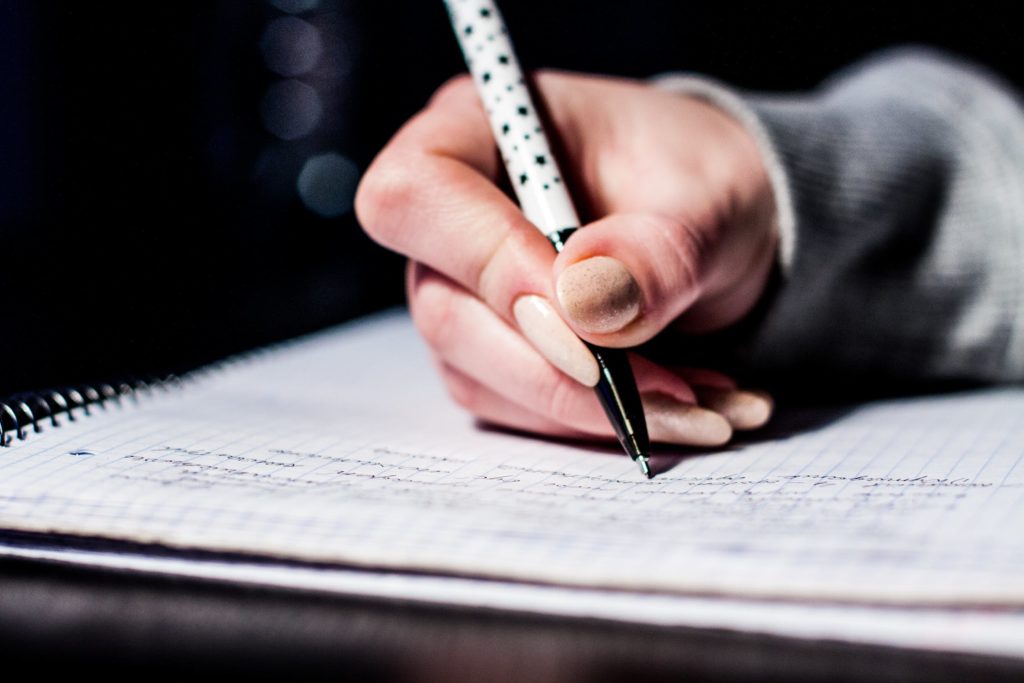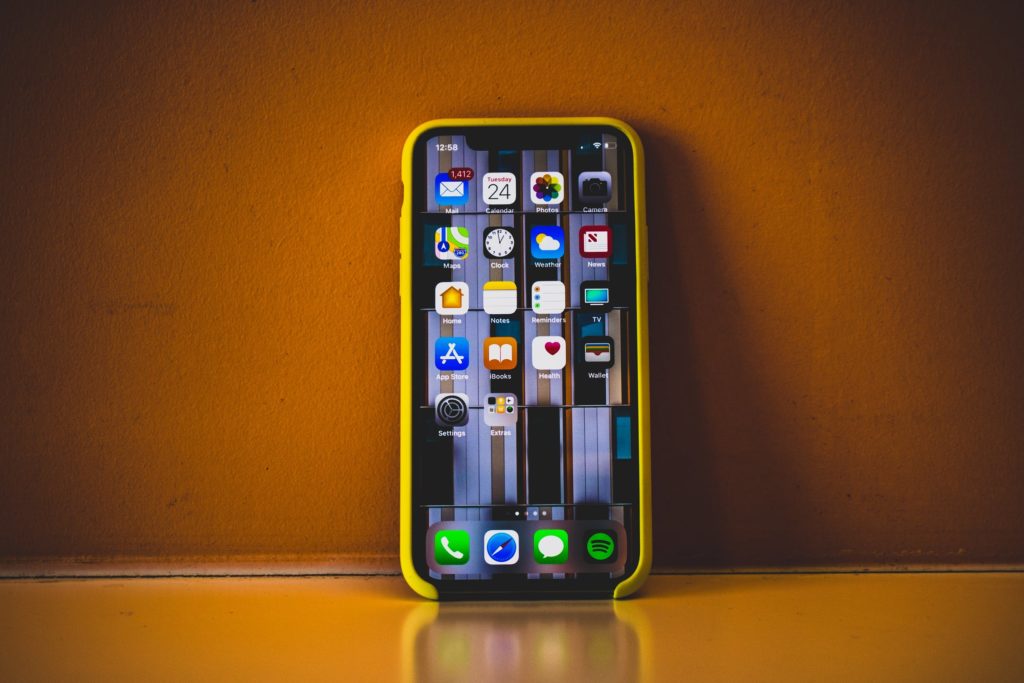
Stress. We all know it, right? As graduate students, it can feel like we are constantly trying to escape these feelings of stress and anxiety. However, it turns out that anxiety can, in fact, be adaptive in some cases! One of the most prominent examples of stress impacting our everyday lives, in my opinion, is test-taking. Although graduate school in psychology entails a significant amount of writing, the general impression is that tests and exams are more stressful for students. Exams are necessary for our education, unfortunately. All the way from a simple quiz in statistics, to comprehensive exams, and of course — the EPPP.
Research has shown that there is a fine line of how helpful anxiety and stress can be before it becomes detrimental. That seems to be most clearly demonstrated in the performance of students on exams. There is an amount that serves us well, even though it can be uncomfortable. Like all good things, though, too much stress causes a sharp drop in performance.
In this blog, we’re going to go over the myriad of ways that stress can be both a help and a hindrance when it comes to test-taking. After we go through all the ways that anticipating stress can be good and bad, you can decide for yourself what the ideal balance of anxiety is for you.
Cons
Naturally, the negative aspects and experiences associated with stress pop to mind first. The most obvious of the undesirable characteristics is the discomfort we feel [1]. Who enjoys feeling stressed out? The nagging feeling that you’re forgetting something? The threat of failure at your chosen graduate program? I didn’t think so. I’ll venture to say that there is not one among us who would enjoy the feeling of that stress. Wanting to escape that feeling is enough of a downside for some people to avoid anything stress-inducing altogether.
A second drawback to anticipatory stress (the stress that we feel when anticipating a real or imagined negative stimulus) is that it can actually ruin your day [2]! Even if that even that you were dreading doesn’t come to pass, research states that you will have a more difficult time laying down new information and retaining information throughout the entire day [4]. The research agrees that your long-term memory will remain fine, there are still heavy impacts caused by even working memory impairments. These can range from careless errors on a report to taking the wrong medication!
Finally, an overrepresentation of anxiety and stress can even lead to a condition known as “cortisol poisoning” [7]. According to biopsychology, there is a specific neurotransmitter released when we feel “stressed out”. This neurotransmitter is called “cortisol” [7]. This neurotransmitter was evolutionarily adaptive for primitive humans to analyze potentially threatening situations and to give us the energy to get out of there or fight back, should the need arise, aka our fight-or-flight response [7]. Our ancestors were able to make snap decisions better and to tune into only the most relevant infomration. Although this can be adaptive in some situations, it is a very short-term benefit [7]. The human body can only maintain that state for a short while. When you are under the constant level of stress that puts you into fight-or-flight mode, you wear out fast—which leads to the state that we mentioned earlier: cortisol poisoning [7].
Pros
Even though the negative things about are often the first to show up in our minds, there are important positive aspects to stress that should be equally considered.
Anticipatory stress can actually improve our performance on exams. One author [5] suggested that when we have a major stressor upcoming, such as an exam, we engage in more preparatory behaviors. This simply means that when we’re worried about an upcoming exam, we are more likely to spend time rehearsing the information, committing the information to memory, and truly understand the information.
Stress and anxiety can be a good motivator to study ahead of time. Usually, stress or anxiety stems from some sort of unknown—such as the unknown outcome on an exam. When we are uncertain of something, we are usually motivated by the search for certainty. One way this can be achieved is, again, through studying. Long before the deadline or the evening before, if we are worried enough about our performance, it is likely that you will be studying in advance to alleviate the anxiety [5].
Remember the fight-or-flight response that we talked about earlier as a con to stress felt before a big exam [1]? That same response can be adaptive as well [1]! I know it sounds like a contradiction, but think about it—when you feel that surge of adrenaline that signifies a reasonable amount of distress prior to an exam; you are more focused, you are able to make decisions more quickly, and you tune out the irrelevant input more easily [1]. In sum, you are in an ideal state to take that exam!
In conclusion, some stress is a good thing. But remember, only some! There is a trap that often ensnares graduate students: that you need to constantly be stressed out or worried about the next impending exam or paper. Make sure to monitor your own stress levels and not to allow them to become toxic! As we discussed, having a fire is good—just don’t get burned!
References
- Redlawsk, D. P., Civettini, A. J., & Emmerson, K. M. (2010). The affective tipping point: Do motivated reasoners ever “get it”?. Political Psychology, 31(4), 563-593.
- Semarjian, M. (2018). Why Anticipating Stress Can Ruin More Than Just Your Day. Retrieved from https://www.entrepreneur.com/article/316302
- Gino, F. (2016). Are You Too Stressed to Be Productive? Or Not Stressed Enough?. Retrieved from https://hbr.org/2016/04/are-you-too-stressed-to-be-productive-or-not-stressed-enough
- https://academic.oup.com/psychsocgerontology/advance-article-abstract/doi/10.1093/geronb/gby042/4996223?redirectedFrom=fulltext
- http://fiupsychology.com/Anticipating%20Stress.htm
- Anticipating Stress – Managing Stress by Preparing For It. (2018). Retrieved from http://fiupsychology.com/Anticipating%20Stress.htm
- Rankin, L. (2018). 10 Signs You Have WAY Too Much Cortisol. Retrieved from https://www.mindbodygreen.com/0-9527/10-signs-you-have-way-too-much-cortisol.html







